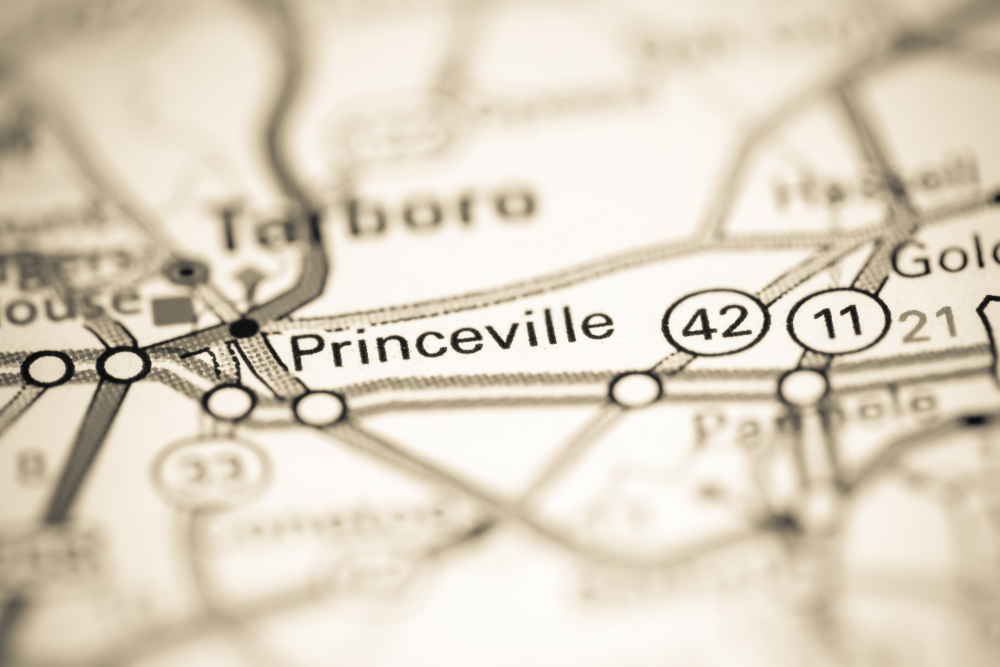Princeville, North Carolina, holds the distinction of being the oldest town in America founded by Black people. Today, it stands at a critical juncture, grappling with the impacts of climate change, frequent disasters and ongoing disinvestment. The town, originally allocated to Black settlers in the 19th century due to its flood-prone nature, now faces a tough decision: to stay and risk further floods or to relocate to safer grounds.
In 2016, Hurricane Matthew severely damaged Princeville, presenting residents with limited options: remain on their ancestral land, accept government buyouts or attempt to relocate the entire town. Despite receiving federal funds for rebuilding on higher ground and plans to repair levees, progress has stalled, leaving the community in a precarious position.
Mayor Bobbie Jones and many residents remain committed to their historic town, viewing it as sacred ground. Despite the risks, their attachment to Princeville’s legacy of resilience and community strength persists. However, not all share this sentiment; some residents, recognizing the increasing frequency of 100-year floods, have opted for buyouts, prioritizing safety over historical ties.
The town’s situation is complicated by fragmented decision-making and insufficient coordination among various governmental and funding bodies. This has led to a stalemate, with no clear path forward, leaving Princeville in a state of indefinite limbo between its storied past and an uncertain future.
As debates continue over the best course of action, the community remains divided. Some, like lifelong resident Calvin Adkins, advocate for practicality over sentimentality, suggesting that the town’s founder, Turner Prince, would prioritize the safety of his people over the location. The ongoing struggle highlights the broader challenges faced by historic Black communities in adapting to the realities of climate change while preserving their heritage.
















